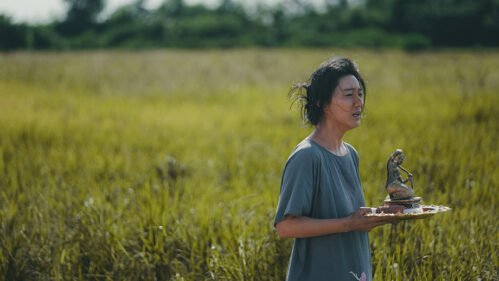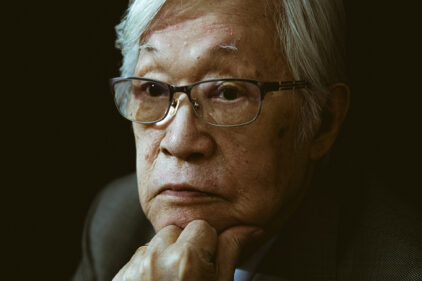PARK CITY, Utah — “Girlfight,” Karyn Kusama’s story of a tough Brooklyn girl who wants to be a boxer, and “You Can Count on Me,” Kenneth Lonergan’s story of an orphaned brother and sister who uneasily get to know each other as adults, shared the grand jury prize for best dramatic film here Saturday at the Sundance Film Festival. In addition, Lonergan won the Waldo Salt screenwriting award, and Kusama was picked as best director.
The grand jury prize for best documentary went to “Long Night’s Journey into Day,” a documentary by Frances Reid and Deborah Hoffmann about the Truth and Reconciliation Commission in South Africa.
“The Ballad of Ramblin' Jack,” a doc about footloose troubadour Ramblin’ Jack Elliott, won the special jury prize for artistic achievement. It was directed by Aiyana Elliott; Ramblin’ Jack, a National Medal of Arts winner, sang at a Park City party after the premiere.
Almost as important as the Sundance jury prizes are the audience awards, voted on by filmgoers as they leave the theaters. This year’s audience favorite among dramatic films was Raymond DeFelitta’s “Two Family House,” starring Michael Rispoli as a Staten Island man in the 1960s who feels protective toward an abandoned woman with an out-of-wedlock baby.
The audience award for documentary film went to “Dark Days,” by Marc Singer, the story of homeless people who would rather live underground in Amtrak tunnels than brave the drug-ridden world of city shelters. In the world cinema category, the audience award went to Nigel Cole’s “Saving Grace,” starring Brenda Blethyn as a widowed Cornish woman who discovers her husband was a rake and spent all their money. Her groundskeeper has an idea for raising funds: They can grow pot.
“Dark Days” picked up two other major awards. It won the Freedom of Expression Award, given by the Playboy Foundation, and split the cinematography prize with Andrew Young’s “Americanos: Latino Life in the United States.”
Also in the documentary category, the prize for writing went to Daniel McCabe, Paul Stekler and Steve Fayer for “George Wallace: Settin’ the Woods on Fire,” about the rise and fall of the Georgia governor. And the documentary directing award went to Rob Epstein and Jeffrey Friedman for “Paragraph 175,” about homosexuals who survived the Holocaust.
In the dramatic competition, the jury honored the cast of “Songcatcher” for their ensemble performance. They were headed by Janet McTeer as a musicologist who ventures into Appalachia in the early 1900s. The cast includes Aidan Quinn, Pat Carroll, Jane Adams, Gregory Cook and Iris DeMent.
For outstanding individual performance, the jury honored Donal Logue, in “The Tao of Steve“ the story of a heavy-set deep thinker who tries to seduce women with the power of his intellect. The award for best cinematography in a dramatic film went to Tom Krueger for “Committed,” a film about a marriage in which the husband (Casey Affleck) runs away to find himself, and his wife (Heather Graham) follows along to be sure he doesn’t get lost.
The Latin American jury split its top prize between Luis Estrada’s “Herod's Law,” about an idealistic politician who turns into a tyrant, and Arturo Ripstein’s “No One Writes to the Colonel,” based on the novel by Gabriel Garcia Marquez.
This was a year when the often-overlooked short films got a lot of attention; their suitability to webcasting drew many dot.coms to Sundance to bid for hot shorts. The hottest, winning the jury prize for short filmmaking, was “Five Feet High and Rising,” directed by Peter Sollett.
Several winners have been purchased for distribution, and will open later in the year. “Saving Grace” was purchased by Fine Line for $4 million, the top sale. “Girlfight” went to Sony Screen Gems for $1.5 million, and Lions Gate bought “Two Family House” but wouldn’t reveal the amount.











